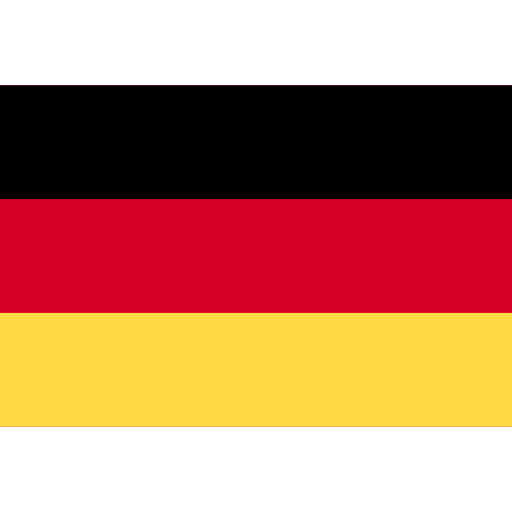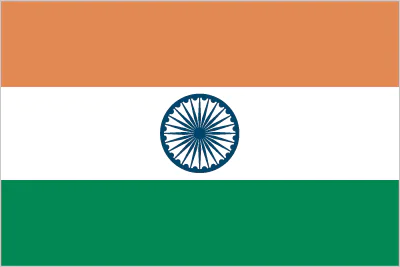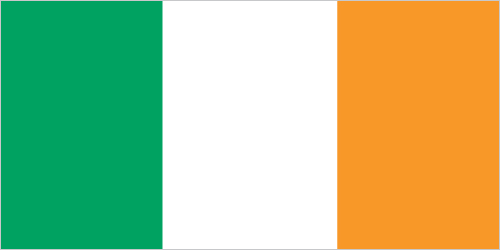As global economic activity slows down with the reverberating outbreak of COVID-19, trade finance and development will play a far more important role than ever before in supporting SMEs to withstand the tides of the pandemic.
The World Bank estimates that some 600 million jobs will be needed by 2030 to absorb the growing global workforce. In emerging markets, 7 out of 10 jobs, especially formal jobs, are generated by SMEs. In developing regions, the past decade and half have witnessed remarkable shifts in focus towards SME sector growth from many governments, trade finance, development and policy-making stakeholders.

COVID-19, however, is about to rewrite the narrative. With countless SMEs now struggling to stay in business, entire segments and budding ecosystems of the global economy could quite simply disappear. The more commonplace challenges that SMEs have already been up against such as access to financing and knowhow are now compounded by new threats ranging from liquidity crisis to supply chain disruption, resource and inventory breakdown, and a sudden drop in demand.
In fact, a survey on a sample of different types of SMEs undertaken by “Tsinghua University” during the peak of the Covid-19 outbreak in China showed that at least two-thirds of the SMEs cannot survive beyond 2 months taking into consideration the shortage of capital and accumulation of fixed costs during the crisis. The same trend is observed in other countries as well. Furthermore, McKinsey predicts that from a sectorial point of view, the impact will hit SMEs in the tourism and hospitality, transportation, oil and gas, automotive and consumer products sectors the hardest. Recovery will only start in 2021 in the best-case scenario.
If not buffered now, the adverse impact on the socio-economic fabric of many developing countries will be significant. With most SMEs serving as a source of employment for youth populations, progress made in recent decades towards economic diversification and job creation will be jeopardized, and realizing a demographic dividend, particularly in the African and Arab regions, will be a challenge.
Islamic trade finance can lead the path to SME-sector recovery
Globally, trade finance gaps were already prominent at approximately $1.5 trillion annually, owing to low levels of financial inclusion, lack of human capacity and high perceptions of risk, including that of regulatory risk. With the COVID-19 crisis, this gap is at risk of widening.

Now is the time for trade finance institutions to take the lead in efforts to strengthen SME resilience and leave them in a position to be able to bounce back in the aftermath of the pandemic. In fact, Islamic trade finance, which has the experience, tools and instruments that have been tailored towards the needs of developing economies overcoming challenging legacies is best place to lead the response swiftly and effectively.
As an enabler of cross-border trade and economic growth across vast swathes of the developing world, Islamic trade finance has expanded rapidly over the past decade, growing at 10-12% annually. With the help of lines of financing and trade development initiatives, SMEs and growing companies and industries in developing regions are thriving, jobs have been created and value chains enhanced.
Now more than ever, international development stakeholders will turn to Islamic trade finance institutions to help restore trade and safeguard the future of SMEs across entire value chains in the developing world.

Providing access to trade finance alone, however, will not optimize outcomes in a sustainable manner. It is crucial to provide platforms for buyers and sellers, particularly in the critical and value-added sectors such as healthcare, pharmaceuticals, agri-foods, and textiles, to continue to engage and trade amidst the upheaval. The need is felt to also focus on trade development solutions that ensure access to knowhow and capacity building.
Furthermore, countries affected by the pandemic started implementing policy measures to curb the effects and spread of the virus. Some of these measures can adversely affect the free flow of goods and resources and further disrupt global value chains. The Food and Agricultural Organization of the United Nations (FAO) advises the international development community and Governments to tackle urgent issues to facilitate trade flows.
In fact, it is critical to review the current trade and taxation policy options and their direct impact on global supply chains, avoid generalized subsidies for food consumers, target critical commodities, reduce restrictions on the usage of strategic stocks, minimize the use of export restrictions, reduce import tariffs amongst others, and temporarily reduce VAT and other taxes. These measures will have a direct impact on repositioning SMEs in global value chains, whilst facilitating trade flows in favour of SMEs.
The International Islamic Trade Finance Corporation (ITFC) has allocated US$300 million for COVID-19 emergency interventions to support OIC member countries in most need. Rapid response measures include channelling of funds towards critical supplies of energy, healthcare, food security and other life support requirements.

On the development front, measures are in place to provide crisis-related technical assistance programs to enhance capacity across the medical, healthcare, pharmaceutical and other supporting small enterprises along the critical value chain.
Make SMEs a part of the immediate solution
With the healthcare systems in many developing countries highly vulnerable during this period, the immediate focus is on SMEs along the healthcare value chain. Part of the outreach is to engage B2B companies involved in the provision of medical supplies and equipment, aiding them to achieve supply and delivery targets for critical lifesaving equipment. These include the delivery and imports of medical supplies and health products.
The Arab-Africa Trade Bridges Program (AATB), which is a coalition of nine strategic government, multilateral and development partners including ITFC, is also moving rapidly to support initiatives focusing on pharmaceuticals and healthcare. AATB has a mandate to drive economic integration between the two regions and strengthen SME-sector development.
In light of the crisis, the healthcare and pharmaceutical sectors have been prioritized with immediate measures including facilitating the supply of COVID-19 testing kits, lab equipment and personal protection equipment (PPE) for medical and para medical staff. These resources should be sourced and procured via SMEs in order to ensure that they become a part of the present solution and not collateral damage from the economic fallout. The deployment of Digital Solutions will play a critical role in integrating these SMEs into the healthcare and pharmaceutical Global Value Chains while enhancing the efficiency and transparency of the B2B transactions.
The road ahead might seem bleak but Islamic trade finance is well positioned to respond to the COVID-19 crisis and do its part in safeguarding the future of SMEs in the developing world.



























